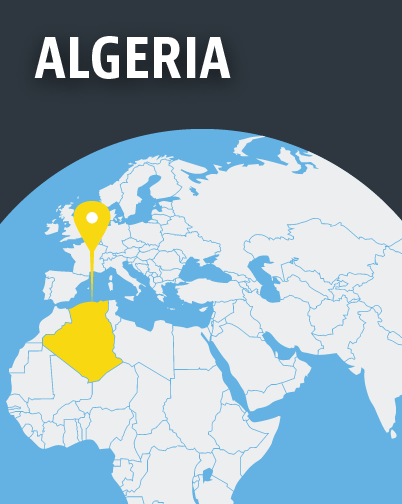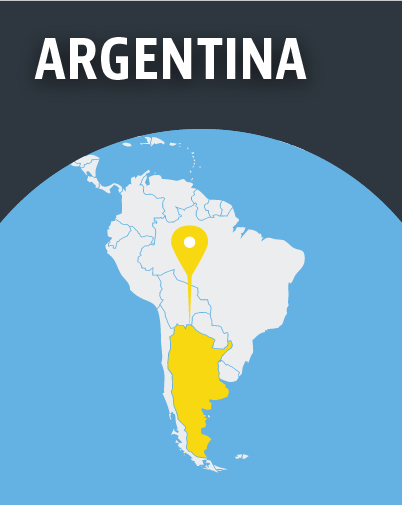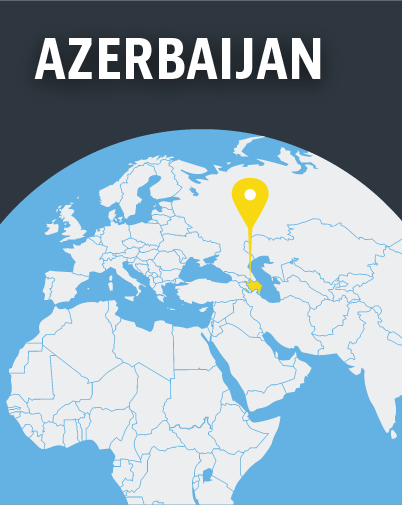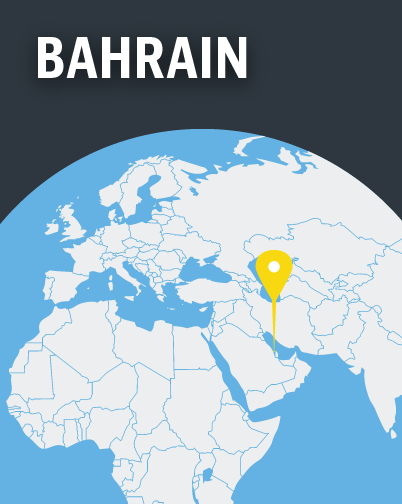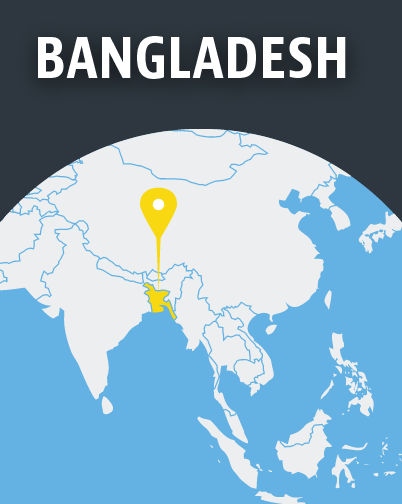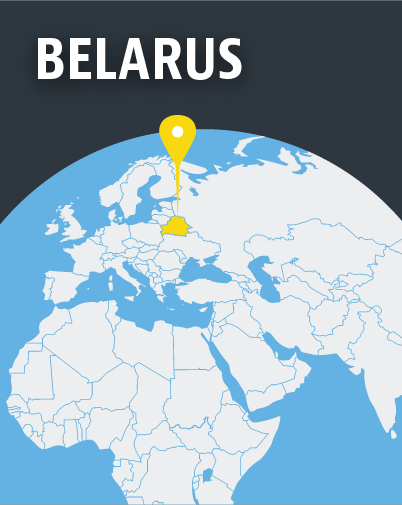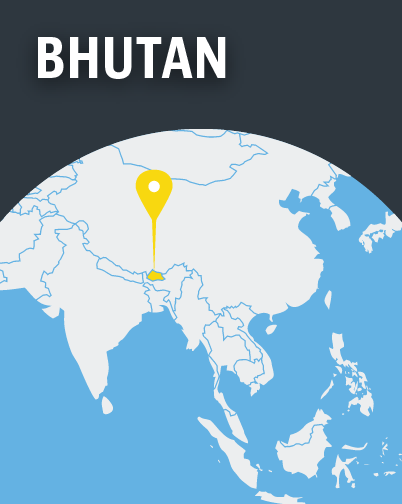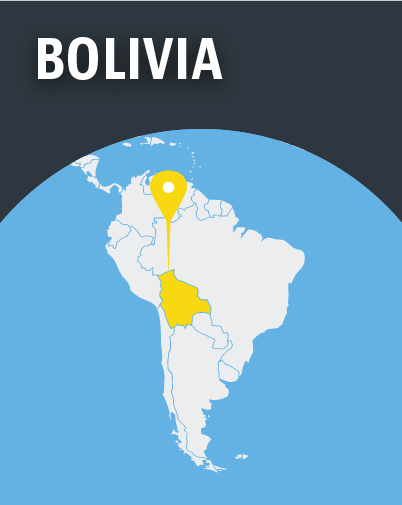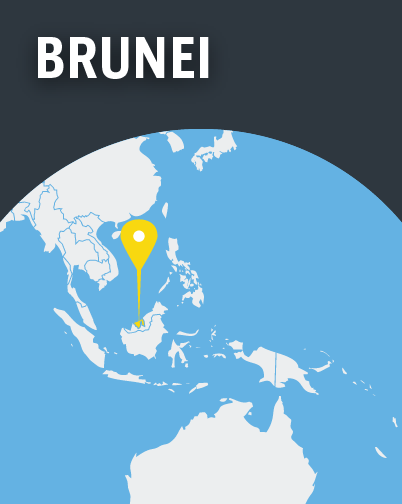Afghanistan
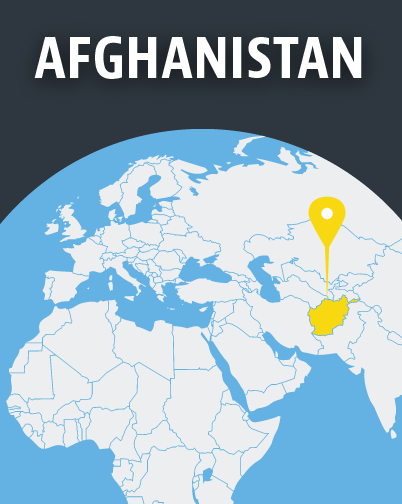
It is illegal to be anything other than a Muslim in Afghanistan, a tribal society where leaving Islam is seen as a betrayal of the tribe. Christians who are discovered may be sent to a psychiatric hospital, on the grounds that no sane person would leave Islam. Baptism is a . . . Read More
